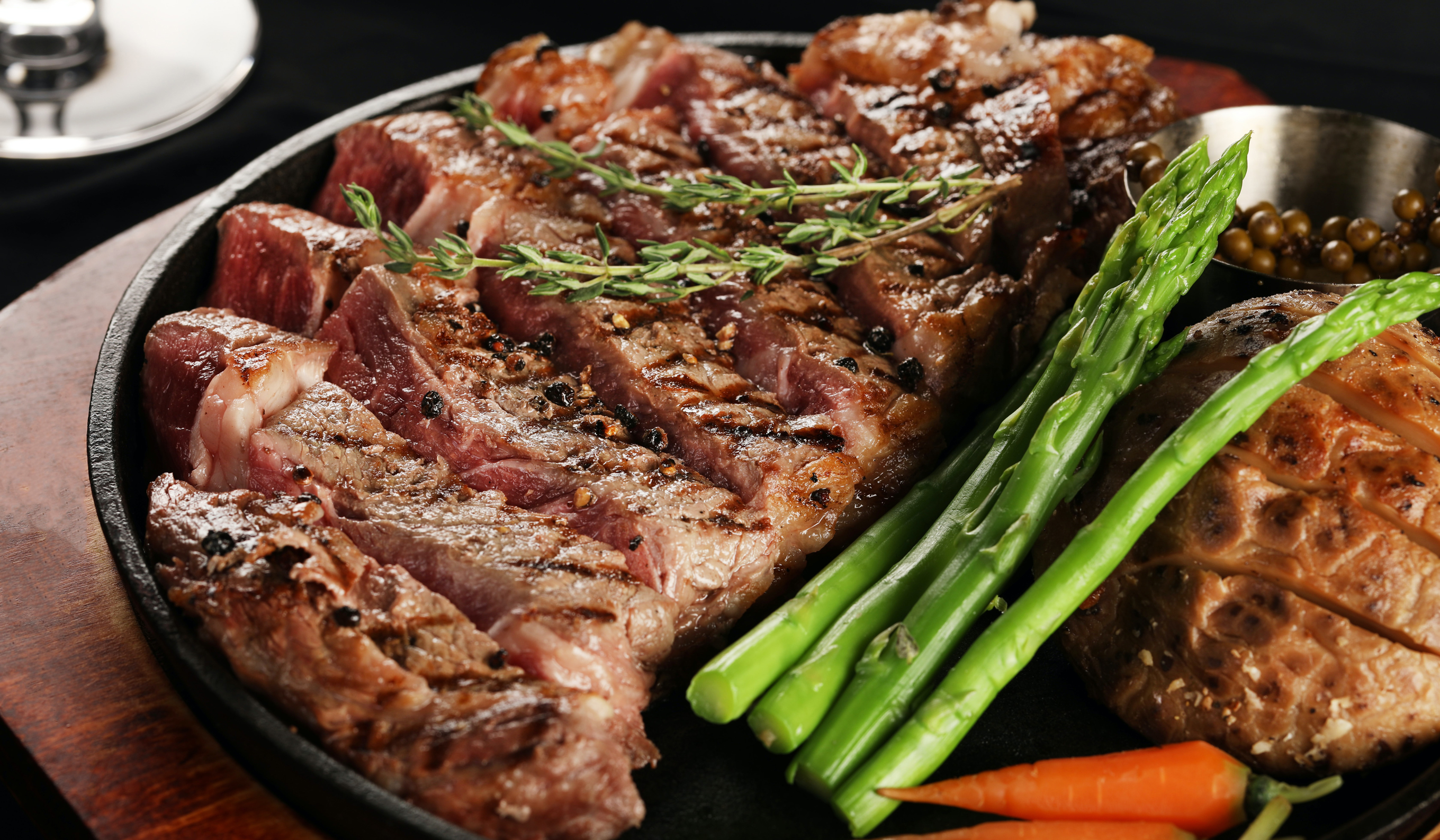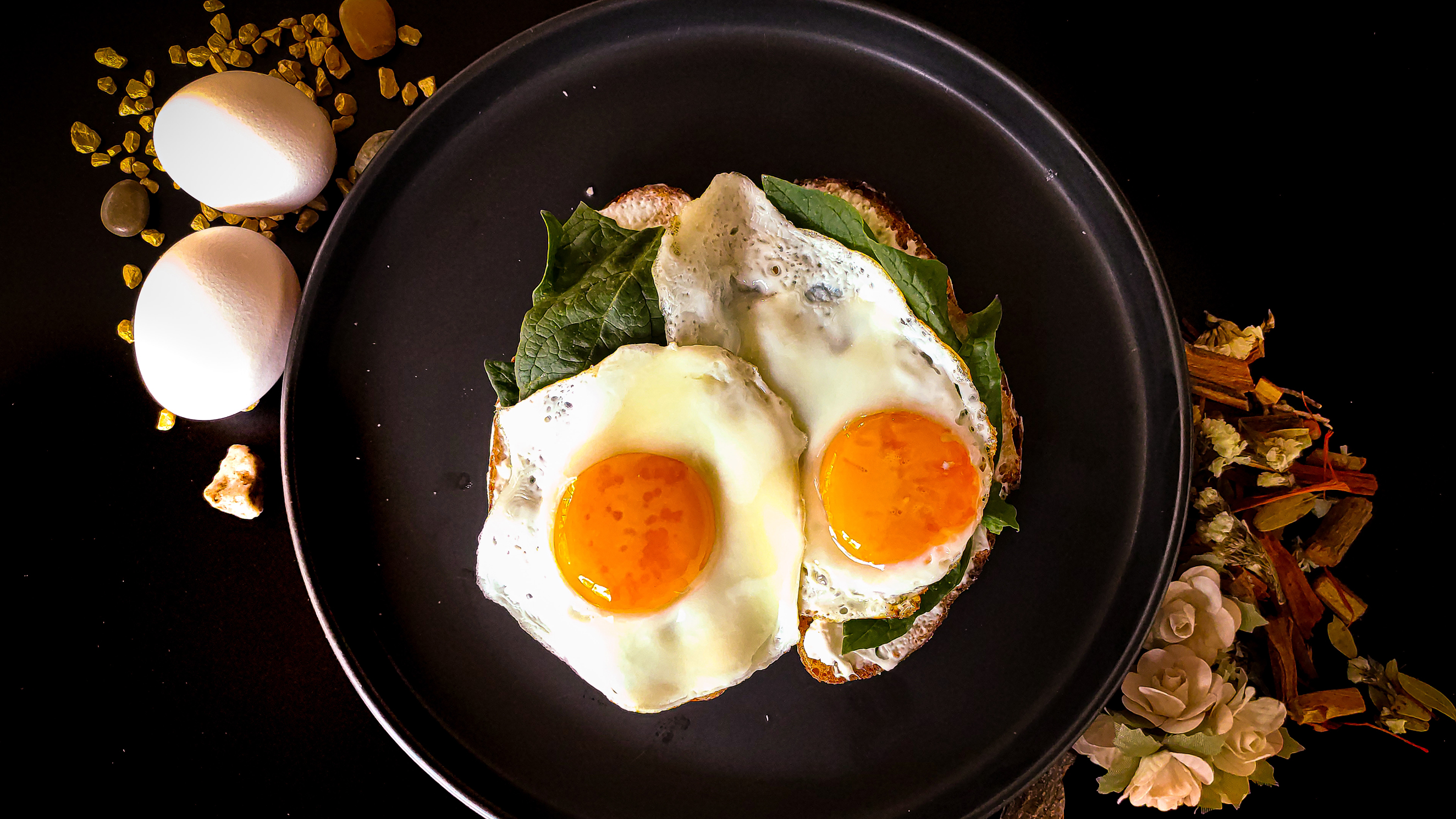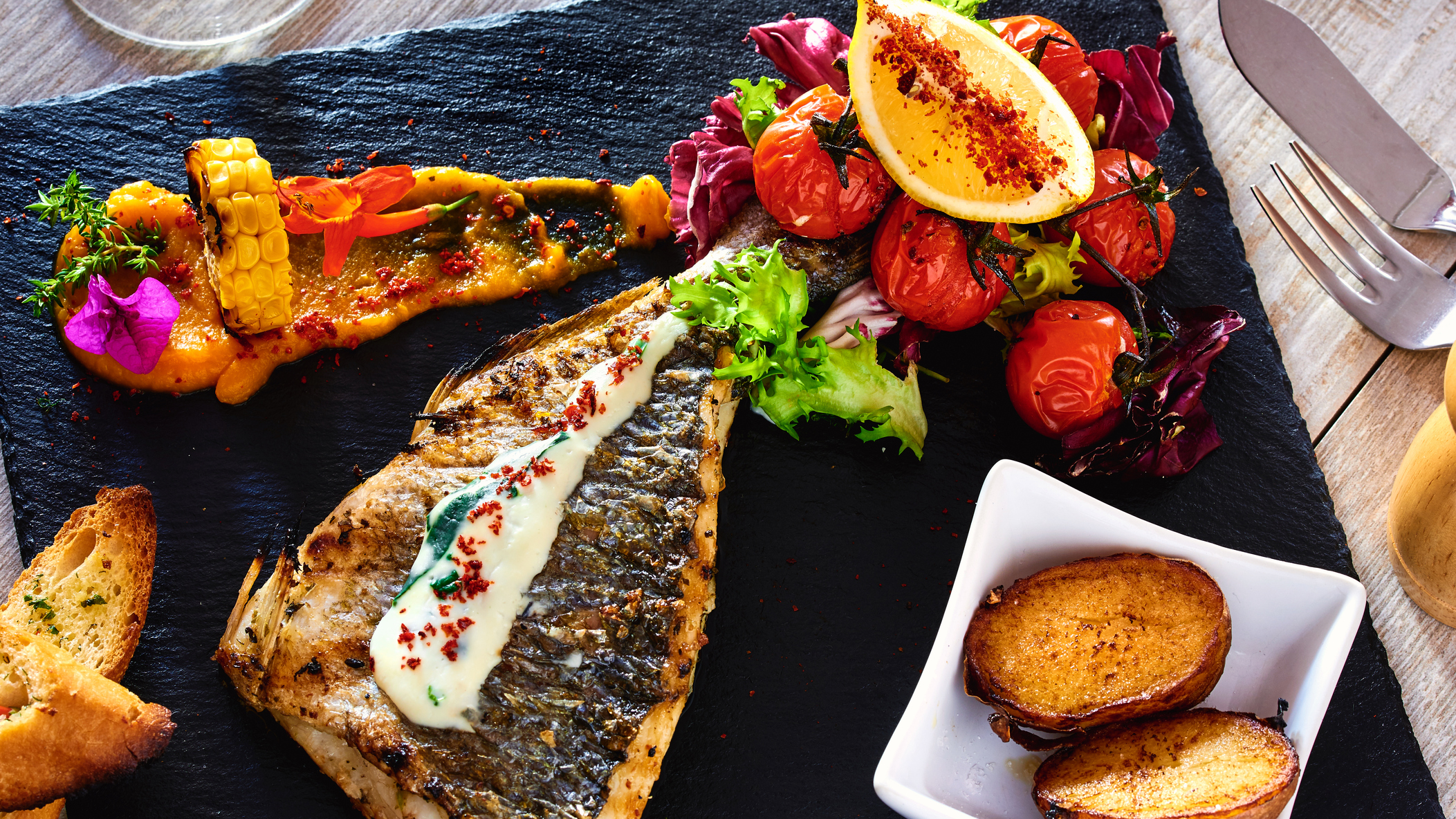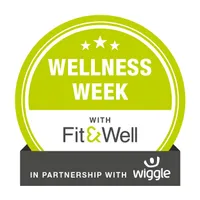Healthy diet: Why everyone should be eating more protein
Protein doesn't just build up your muscle and strength: it also curbs your unhealthy food cravings


Protein is one of the building blocks of a healthy diet. Along with carbohydrates and fat, it's one of the three macronutrients we need to bear in mind when choosing what goes into our bodies.
It's well-documented protein is one of the building blocks of muscles, and eating more protein (in conjunction with resistance training) helps your muscles to grow. However, that's not the only benefit to a high-protein diet.
- Best protein powder for weight loss: kick-start your diet goals
- Best protein powder for women: build muscle and tone up
A high-protein diet can actually put a lid on your cravings for unhealthy snack foods, like potato chips and chocolate. One study, published in the American Journal of Clinical Nutrition, looked at the effect protein had on participants' hunger levels.
The study analysed 19 women, all of whom considered clinically obese, and put one group of them on a high-protein, calorie-controlled diet. The study found people ate less on the high-protein diet than the control group, reporting lower levels of hunger.
The scientists doubled the women's protein intake from 15% to 30% of their diets with causing them to eat more overall – just the percentage of protein had changed. The study found the participants' response to the leptin hormone, part of what makes you hungry, had changed over the course of the diet, which was causing increased satiety.

What is protein?
At the cellular level, proteins are molecules made up of amino acids which our bodies need to function properly. They help our muscles, blood and internal organs to carry out their jobs, so naturally it's very important to get enough protein in our diets.
When we exercise, especially when we do resistance training moves like push ups and squats, our muscles accrue small tears, which is what makes them sore. This is totally normal: they regrow bigger and stronger after resistance training, but they need protein in order to do so.
Start your week with achievable workout ideas, health tips and wellbeing advice in your inbox.
This is why bodybuilders and athletes eat more protein than the rest of us: their muscles are constantly growing, tearing and repairing themselves, so they need more fuel for the fire.

What foods are high in protein?
Animal products like milk and eggs are very high in protein. Processed meats like bacon and sausages are considered to be carcinogenic, likely to give us health problems and cancers in later life, but good-quality cuts of red meat and lean white meat, like chicken and fish, are excellent sources of protein.
Protein can also be found in legumes, like beans and pulses, nuts, oats, peas, soy, wild rice, broccoli, spinach and more.
Liked this? More Wellness Week content here:
- What are the healthiest foods? A complete guide to help you eat healthily
- Why ‘healthy’ food isn’t always as good for you as you might think
- 9 common Keto diet questions answered
- Sugar substitutes: 6 sweet alternatives and the best ways to use them
- Food cravings ruining your healthy eating goals? How to curb them...
- Healthiest foods for breakfast: healthy ways to start your day
Wellness Week on Fit&Well
Wellness Week is brought to you in association with Wiggle. Each day this week, we'll help you accelerate your wellness journey by making improvements across areas including fitness, diet and nutrition, mindfulness and more.
Matt Evans is an experienced health and fitness journalist and is currently Fitness and Wellbeing Editor at TechRadar, covering all things exercise and nutrition on Fit&Well's tech-focused sister site. Matt originally discovered exercise through martial arts: he holds a black belt in Karate and remains a keen runner, gym-goer, and infrequent yogi. His top fitness tip? Stretch.

